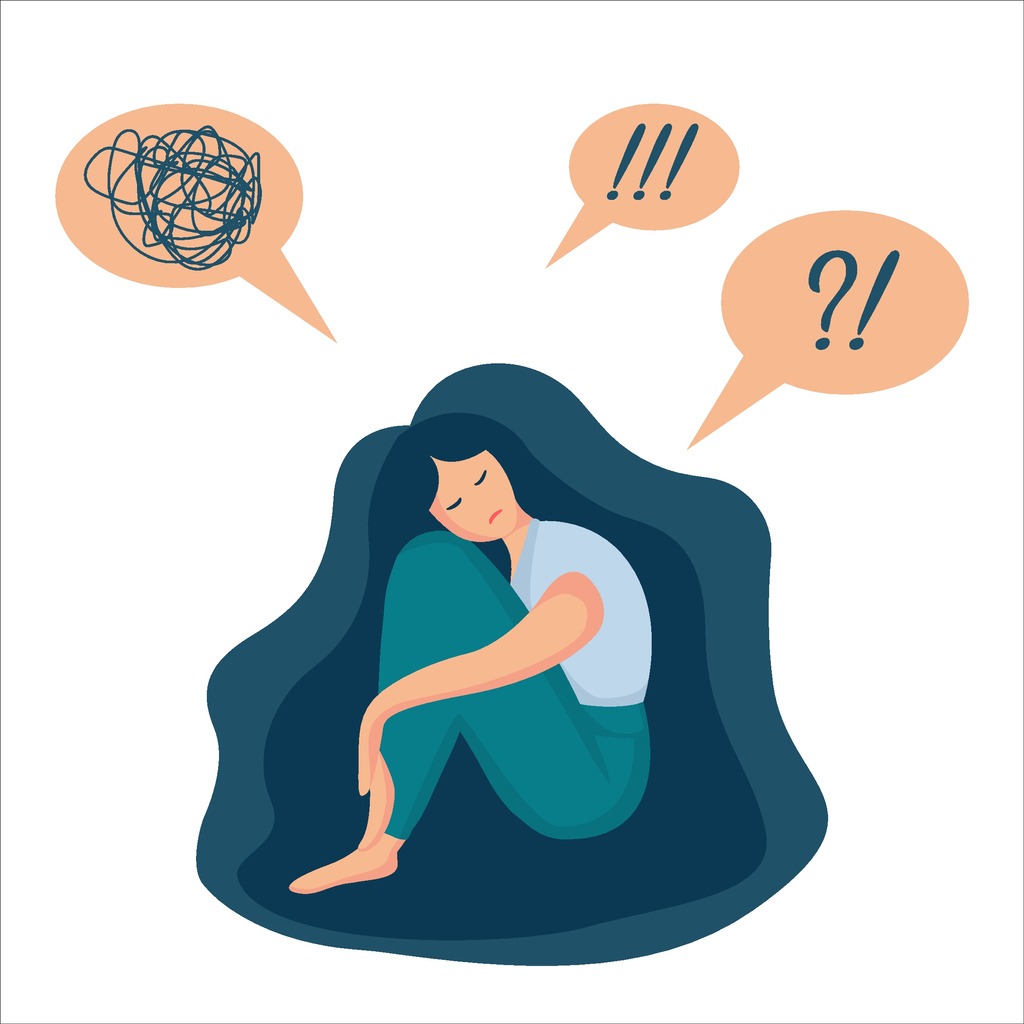How Does Insomnia Affect Individuals?
Insomnia is a sleep disorder that affects many individuals. Both young and old individuals are vulnerable to this condition. It is characterized by persistent difficulties in initiating sleep, maintaining sleep, and leads to chronic fatigue. There are cognitive risks to insomnia as well such as stress, anxiety, irritability, and depression.
The effects of insomnia expand beyond the umbrella of difficulty sleeping. It is evident in your waking hours as well through difficulty maintaining concentration, decreased productivity, and vulnerability to accidents. Despite how common insomnia is, it continues to remain a challenging condition to manage.
How Neurofeedback Helps
Neurofeedback has emerged as a promising approach in the treatment of insomnia, providing individuals with a non-pharmacological and personalized solution to address their sleep difficulties. By utilizing real-time monitoring of brainwave activity through electroencephalogram (EEG) sensors, neurofeedback helps individuals gain insight into their brain’s functioning during sleep and wakefulness. Through this process, individuals can learn to recognize and self-regulate patterns associated with insomnia, such as excessive beta activity during sleep or an inability to shift into slower brainwave frequencies conducive to rest. Through positive reinforcement and targeted training, neurofeedback aims to help individuals achieve a more balanced and optimal brainwave state during sleep, leading to improved sleep quality, reduced sleep latency, and enhanced sleep efficiency. While individual responses may vary, neurofeedback shows promise as an effective, drug-free intervention that empowers individuals to take an active role in improving their sleep patterns and overall well-being.
At Healthy Within, we do not diagnose or medicate our patients but instead, curate individualized protocols for our patients.
Contact us for more information about how we can help you get your mind and brain back to functioning at its calm, confident self.


